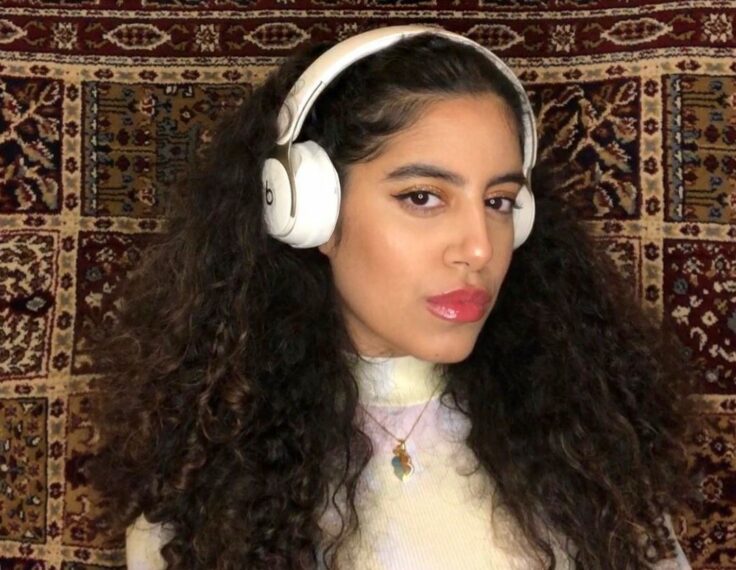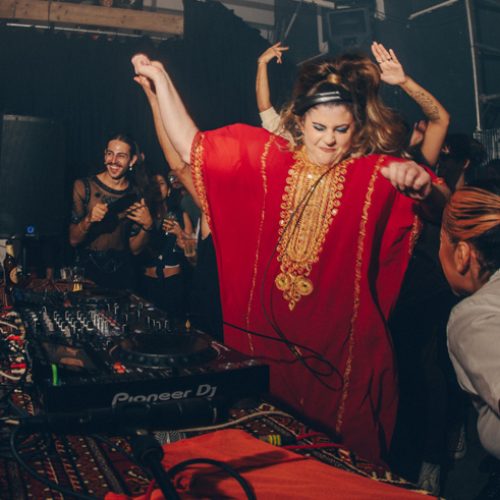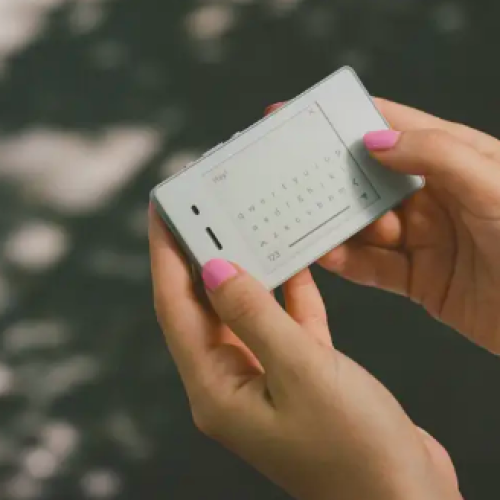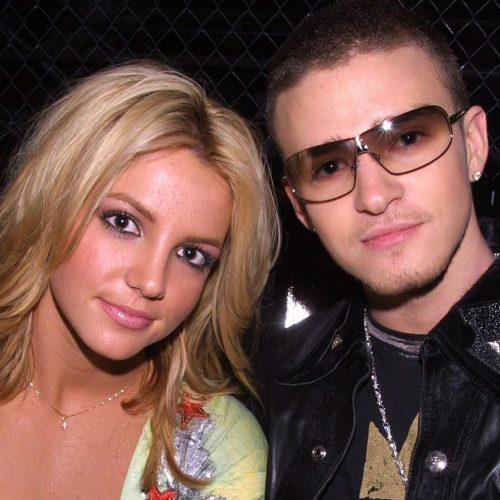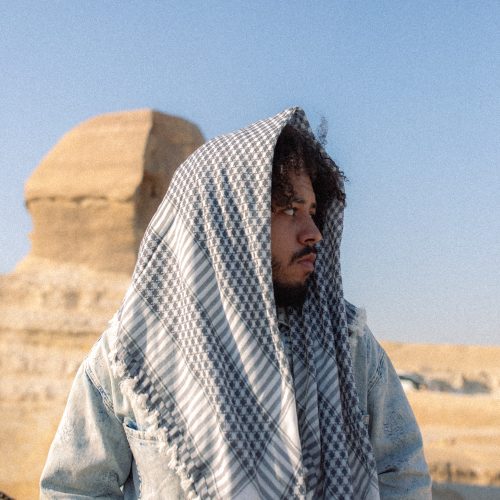A quick listen to Jay Z’s ‘Big Pimpin’ and its influence is clear. For an Arab, anyway. The hit song samples Abdel Halim’s 1957 ‘Khosara’, and the resemblance is uncanny. And it’s not the only example of Arabic music’s global reign. For decades, western music producers like Timbaland and Ne-Yo have been sampling everyone from Warda to Sherine to make their greatest hits.
And London-based DJ Nooriyah Qais is determined to bring it all to light. The Saudi music guru recently launched a special segment with Plus 1 Radio, putting it all front and centre.
Nooriyah, whose expertise lies within Middle Eastern and North African music also took to Twitter to showcase just how instrumental the region’s beats have been to the hip-hop genre. Alongside ‘Big Pimpin’, Nooriyah paired up Aaliyah’s ‘More Than a Woman’ with Mayada al Hannawy’s ‘Alouli Ensa’, A$AP Rocky’s ‘1 Train’ with Assala’s ‘Mesheit Senin’ and Warda’s ‘Batwanes Beek’ with Aaliyah’s ‘Don’t Know What To Tell Ya’.
Her radio show, that she makes available on Soundcloud, digs in even deeper.
“I enjoy discussing this influence on the show, it is present in the form of microtones, Arabic scales and more, which are used by some of the biggest hit makers, like Timbland and Scott Storch,” she says.
Nooriyah kicked off her career at a community radio four years ago, doing voiceovers for different shows (sometimes in Arabic) and practising on DJ decks. Now, she’s a bonafide Arabic music expert, hosting two specials at London’s Foundation FM and Plus 1 Radio.
When she’s not delving into the world of sampling, Nooriyah mixes oriental rhythms with Trap music and nostalgic tunes of old time classics from Abdel Halim to Nancy Ajram for her shows, citing Syrian-American singer Lena Chamamyan as an influence.
“Arabic is my mother tongue and I think the language itself influences my actions and how I think. How we express ourselves and our emotions is so passionate and that usually translates into my work,” she adds.
But her love for music and radio goes back to her childhood. The DJ grew up in a household where Abdel Halim, Warda and Assala were classics, as was the case for many Arabs. “My earliest memory of music is sitting in the corner during gatherings at my grandma’s house with my earphones plugged in while everyone had conversations around me and thought I was that annoying 7-year-old kid,” Nooriyah recalls.
With an EP already in the works and future collaboration with other artists, the DJ is just getting started.
“I am currently making my own music and working on a MENA Directory film commission that pays homage to the darbouka, showcasing how it’s played and danced to in different ways across the region,” she says.





